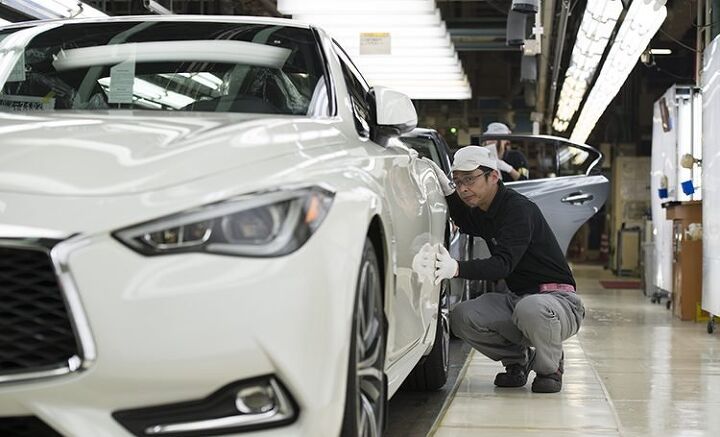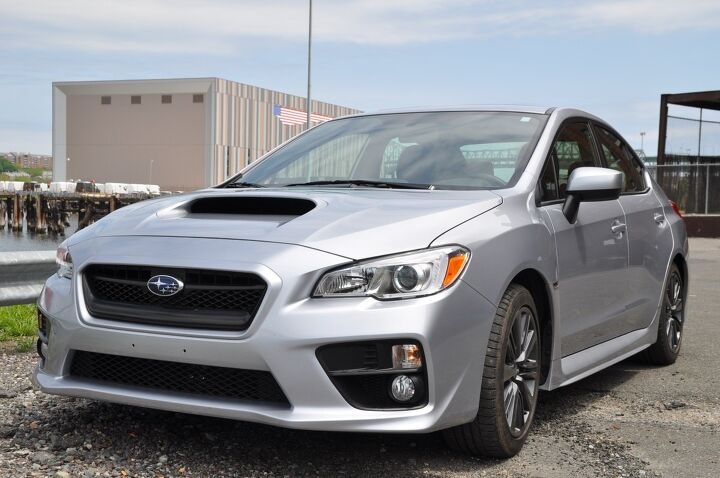#YasuyukiYoshinaga
Nissan Cites Staffing Issues as Cause for Final Inspection Snafu, Subaru Says Sorry
On Friday, Nissan Motor Co. blamed a shortage of key staff for improper final inspection procedures at Japanese assembly plants. The problem, which amounts to little more than not having having a specially certified technician give each vehicle a final once-over, has forced the automaker to recall 1.2 million vehicles within Japan this year. As the mandate applies only to vehicles sold on the nation’s domestic market, no exports to North America are affected.
However, that hasn’t stopped Japan’s government from coming down hard on the company for its bureaucratic misstep. After discovering that uncertified inspectors were signing off on vehicle checks required by the transport ministry, Nissan has been incredibly apologetic. It even launched a full-scale investigation, finding that “nonconforming final inspections” were commonplace by the 1990s at the plants, and could even have existed at one factory since 1979.
Nissan and Subaru Faulted for Decades of Improper Inspection Procedures
Japan appears to be having a problem with its quality control. Nissan Group is conducting updated inspection procedures after details emerged that it allowed uncertified employees to conduct final vehicle checks. However, the Japanese government continues to find issues with the automaker’s practices, forcing it to temporarily suspend new vehicle registrations.
Early reports from an external investigation commissioned by Nissan suggest the certification problem may have begun in 1979.
Subaru faces a similar plight. With Nissan’s inspection issue looming larger than anticipated, Subaru has admitted to following improper procedures for its domestic products. On Friday, the carmaker said final inspections at its main plant have occasionally been handled by employees not listed as certified technicians. The problem has persisted for more than 30 years, according to the manufacturer.
Subaru Profits Slip Despite Steady Sales; Self-Betterment and Currency to Blame
After several years of record growth, a combination of increasing costs and exchange losses forced Subaru’s operating profit to fall by 27 percent in its recently ended fiscal year. No longer Fuji Heavy Industries, and now focusing primarily on automotive product, Subaru Corporation announced its operating income had dipped to $3.69 billion in April. Net income also took a hit, falling by 35 percent to $2.54 billion.
Considering the company finally surpassed the one million annual sales mark for the first time in its history, it is surprising to see the brand faced with anything other than glowing praise. However, improved sales and continued revenue growth doesn’t tell the entire story. Subaru’s European sales declined by 2.6 percent — matching the trend in China and Japan. North America, which accounts for the majority of the brand’s sales, maintained its interest but the overall market has slowed.
“U.S. demand has peaked out,” Subaru CEO Yasuyuki Yoshinaga explained. “The market environment has increasingly become tougher. We will carefully the situation and will take the necessary steps to maintain our sales, including incentives.”
Subaru Sees US Production Boost Five Years Early Due To Rising Sales
Fuji Heavy Industries announced it would increase production at its Lafayette, Ind. plant as Subaru hits its North American sales target five years early.


















Recent Comments